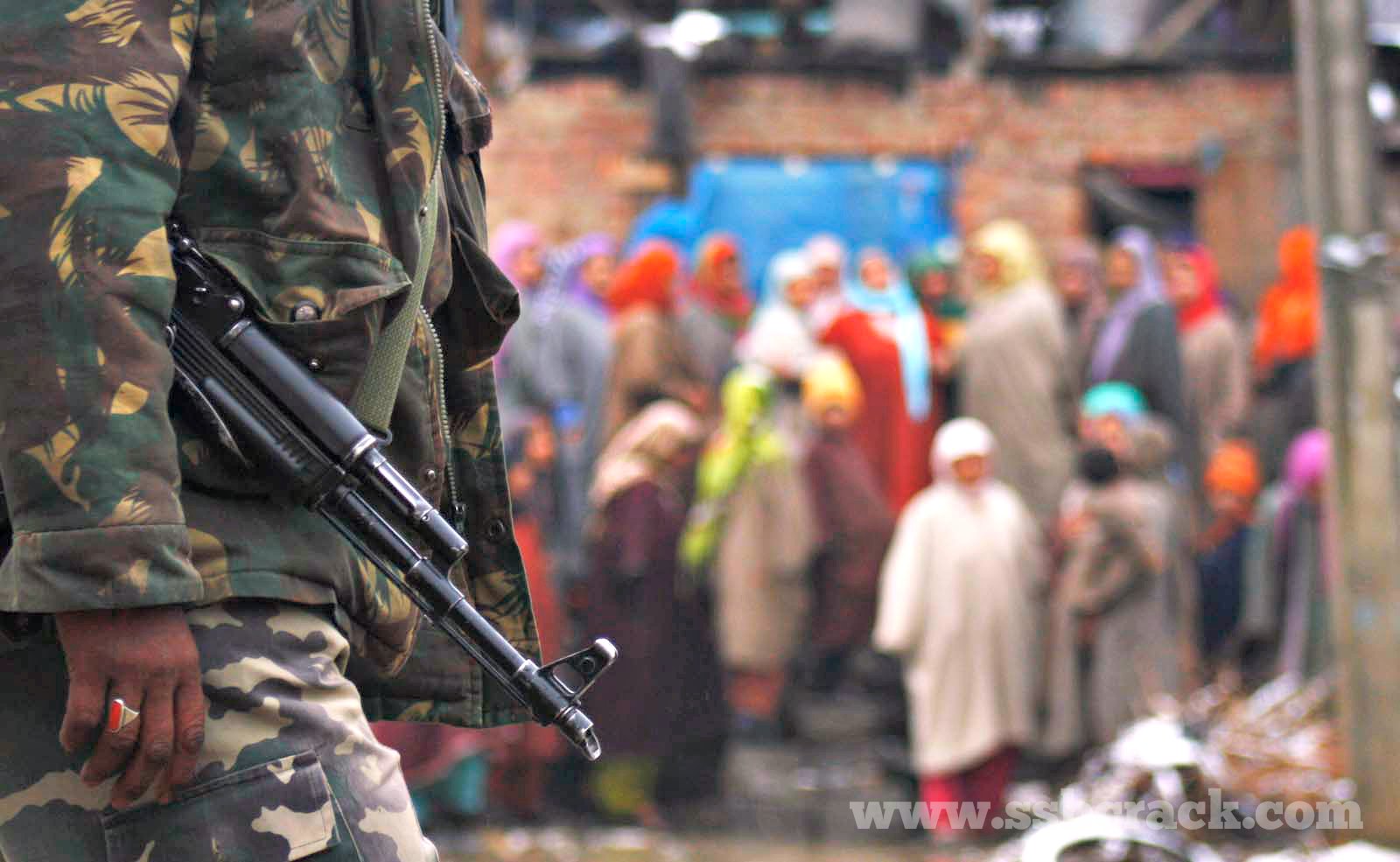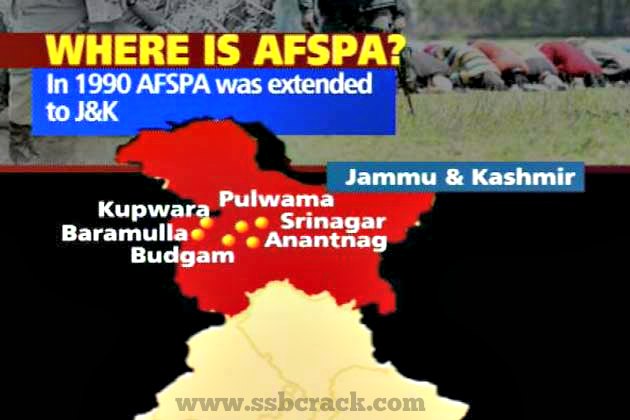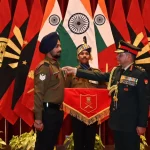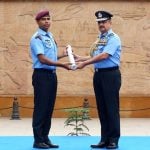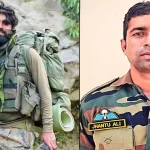Though the Armed Forces Special Powers Act (AFSPA) is a 56 year old act, it is a common feature of heated discussions in various news forums. AFSPA is also a common topic in the group discussions in the SSB interview. This article is an attempt to throughly apprise our readers about this frequently debated act.
BACKGROUND
The AFSPA was introduced on 11 September 1958, primarily for operation in the north east region of India. This act gives certain special powers to the Indian armed forces in the disturbed areas of Assam, Manipur, Meghalaya, Nagaland, and Tripura and also the union territories Arunachal Pradesh and Mizoram. Later this act was extended to the state of Jammu and Kashmir in 1990. The AFSPA came into force due to the manifold proliferation of insurgents, anti-state elements and separatist groups in the above mentioned regions. These anti social elements had created a havoc in the affected regions and it become fiercely difficult for the civil authorities (Police, CISF, CRPF) to contain them. Hence, certain special powers were given to the Armed Forces (Primarily Army) to stop them to restore peace and stabilty.
SPECIAL POWERS
The Officers, JCOs (Junior Commissioned Officers) and NCOs (Non Commissioned Officers) of the Indian armed forces have the following authority:
- Use physical force or weapons to tackle any suspected insurgent in the disturbed region.
- Occupy or destroy any property which they feel is a suspected terrorist hideout or safe haven.
- Destroy or confiscate any type of arms and ammunition from anyone.
- Search anywhere without warrant.
- Arrest any person without warrant.
In addition to these, legal protection is also given to the person who acts under the AFSPA.
THE DISCORD
This act was promulgated by the government in the wake of the devastating violence caused by the anti-social elements in the disturbed regions. However, despite the act being in place for several years it has not proved to be fully effective. Moreover, the people in the region see this act as a spanner in their liberty. In addition to this there were incidents where the armed forces personnel were accused of misusing their special powers to harass common public. Due to these factors there is a growing clout to abrogate this law, deeming it undemocratic and draconian. Several NGOs are also vying to revoke this law.
CONCLUSION
The people who want this law to be revoked must understand that it is the terrorists who curb their liberty and not the armed forces. If they want to live in peace, they must cooperate with the security agencies. The armed forces are not some magicians who would automatically come to know who is a terrorist and who is not. Therefore, sometimes the forces have to work on the basis of a mere suspicion which in the end might be untrue. At the same time the armed forces must ensure zero tolerance towards misuse of this law to win the faith of the people.
JAI HIND


